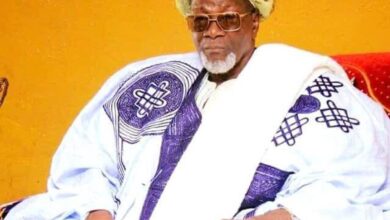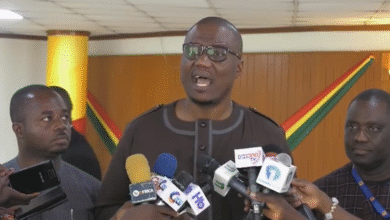Sompa Mensah Medical Centre Launches Life-Saving Public Health Education Program
Empowering communities with essential knowledge on prevention, early detection, and proper healthcare practices.

- Educating the public on preventive health and early treatment
- Supporting the vulnerable with accessible, compassionate care
- Equipped with modern diagnostic tools to deliver quality healthcare locally
In a groundbreaking move to promote community health and wellness, the Sompa Mensah Medical Centre has launched a new Health Matters education initiative aimed at informing the public about critical health issues and preventive care.


The initiative was officially announced during a press conference held on Easter Monday by Mr. Mensah Adu Gyamfi, the founder of the Mensah Mental Health Rehabilitation Project (MEMHREP) and a passionate philanthropist.


Mr. Adu Gyamfi emphasized his deep commitment to the well-being of Ghanaians—especially the vulnerable—who often struggle to afford proper medical care.
“If someone falls ill, they must seek medical attention early and not wait until the condition worsens,” Mr. Adu Gyamfi urged.
He also warned against the dangers of self-medication and stressed the importance of managing common health conditions such as hypertension.
Mr. Adu Gyamfi highlighted that the Sompa Mensah Medical Centre is fully equipped with state-of-the-art diagnostic machines imported from abroad, ensuring high-quality healthcare services on par with international standards.


“There is no need for our leaders or citizens to travel abroad for medical care. We have the same machines here,” he stated confidently.
In addition to general diagnostics, the facility also offers specialized services including sickle cell screening and pre-pregnancy health assessments, services typically provided by the Ghana Health Service.


By taking on these responsibilities, Mr. Adu Gyamfi reiterated the centre’s mission: to serve those who are often overlooked by the healthcare system.


“We are doing this because we care deeply for the vulnerable,” he concluded.







